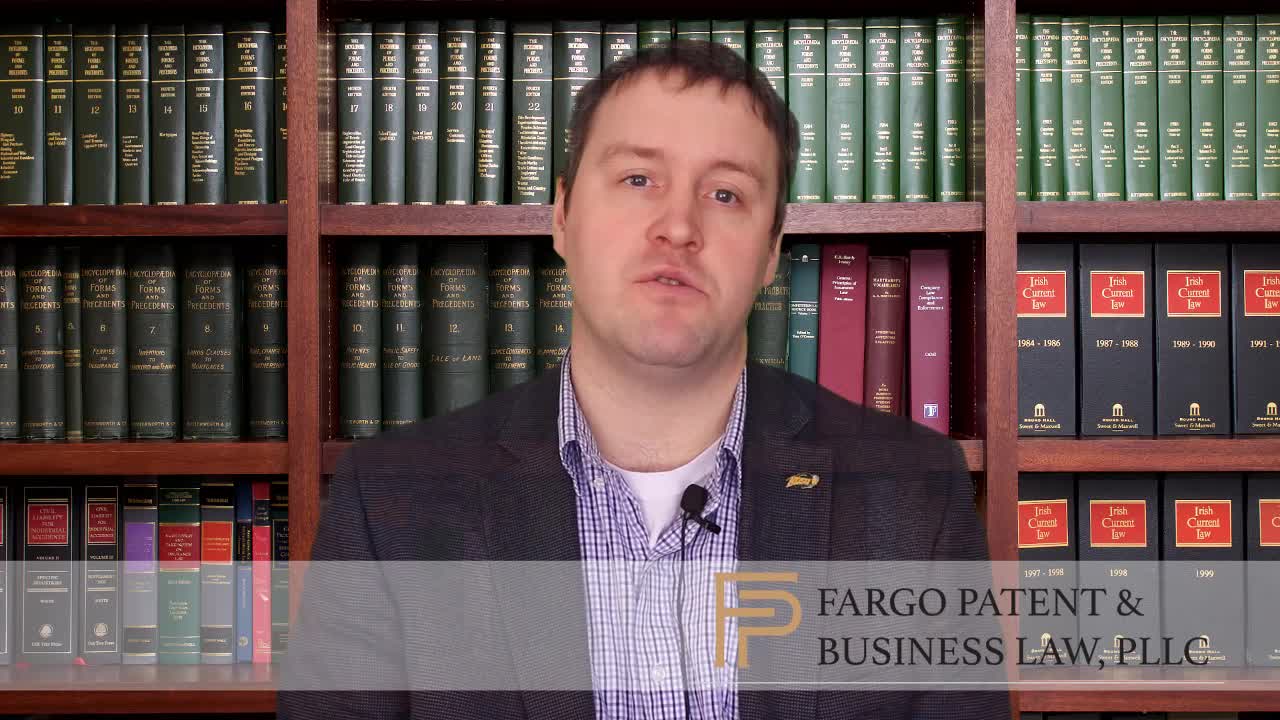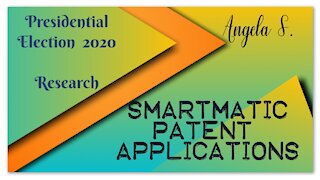Premium Only Content

What is Patent Profanity
Patent profanity is a real thing. It is kind of an odd concept, but yes it is a real thing. Different people have different standards as to what patent profanity actually is, but there are some general guidelines which most practitioners keep in mind. Some don’t refer to the concept as patent profanity, but I like to use the reference.
Essentially, what Patent Profanity refers to is the use of certain words that arguably limit the scope of a claim or alter the meaning. Often these words are found in the specification section of a patent. When it comes to patents, the specification section is where you are simply disclosing information. The claims section is where you are describing the concept in which you have legal patent rights. Sometimes, people forget that the legal patent rights in the claims are interpreted using the specification. So it is important to be not only diligent as to how you draft your claims, but also how you draft your specification or disclosure.
I want to provide a few examples, but first I want to mention a couple of the words that are commonly referred to as patent profanity. When I draft a patent application, in addition to manual proofreading I also use an artificial intelligence proofreader. One of the functions of this proofreader is to review for patent profanity. Between the AI review and my manual review, the patent application is reviewed for 21 specific patent profanity terms. Some of these terms include the words, “all, always, certain, each, important, invention, necessary, need, should, and so forth.”
An example of patent profanity affecting a party’s patent rights, was when T-Mobile was able to avoid penalties by arguing their competitor’s patent used the phrase “very important feature.” In this case T-Mobile did not have that same very important feature. Each of the patent profanity terms are based at least in part to some history that has shown they can affect a patent right.
All of that said, merely the use of these words does not mean you are limiting the scope of a patent. It is dependent upon how you use the phrases. Patent law is an extremely complex section of law. If you have an idea and need some pragmatic help, please don’t hesitate to reach out to us.
We at Fargo Patent and Business Law have experience running businesses and understand business. This unique trait can help bridge the gap between the needs of business and the demands of the legal system. If you have a question, please don’t hesitate to reach out.
Fargo Patent & Business Law, PLLC – info@fargopatentlaw.com – 701-566-7571
-
 5:19
5:19
Welcome To The Fight
4 years agoSmartmatic Patent Application Forms
102 -
 0:13
0:13
BPR
4 years agoTrump caught using profanity
29.8K -
 2:57
2:57
WEWS
4 years agoVersa-Flex seeking patent on anti-fog masks
28 -
 0:44
0:44
BANGBizarre
4 years agoPatent suggests Instagram could enable caption links for a fee
22 -
 1:04:27
1:04:27
Eric Hunley - Unstructured
4 years agoFrom Patent Law to Politics to Tea with Uncivil Law
1562 -
 1:49
1:49
WEWS
4 years agoLocal, veteran-owned company seeking patent on anti-fog masks
7 -
 6:44
6:44
QueenBCorner
4 years agoWhat I Eat
43 -
 1:05
1:05
Healthprep
4 years agoGuide To Managing Patent Ductus Arteriosus
933 -
 0:25
0:25
Make money online
4 years ago $0.11 earnedWhat a horror?
321 -
 0:13
0:13
abcv
4 years ago $0.01 earnedWhat baby want?
714